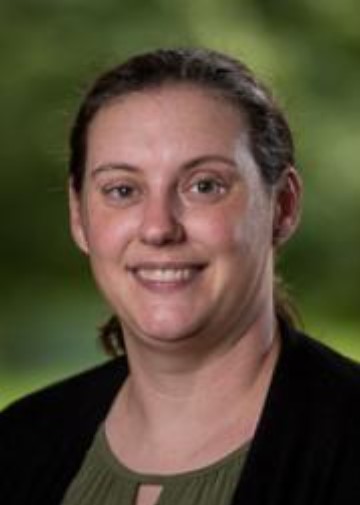
Zoom Only - Email office@phys.ksu.edu for link
This talk will primarily focus on the redesigns to our calculus based introductory physics courses. We had previously converted many of our courses to active learning. Our most current course redesign has focused on the curriculum and assessments associated with our introductory calculus-based courses – physics I (classical mechanics and thermodynamics) and physics II (electricity and magnetism). Our curriculum redesign for physics I has moved to a “energy-first” approach that uses a modified Hamiltonian and focuses on conservation laws and applied calculus. Energy being a scalar is mathematically simpler than forces and is therefore presented before forces. Locally, this curriculum redesign showed improvement for all students on the Force Concept Inventory (FCI) exam. Downstream, students with lower mathematically abilities (lower ACT math scores) showed improved performance in later engineering courses. Our assessment redesign for physics I and physics II implemented a competency-based grading system. In this new system, students are assessed multiple times and given multiple opportunities to demonstrate competency. Results indicate that women and first-generation students show the largest improvement in DFW rates and the highest increase in course grade.
Bio:
Sarah LeGresley is a native Kansan who is currently an assistant teaching professor in the physics and astronomy department at the University of Kansas. After completing her bachelor’s degree in math and math education (Peru State College – NE), she taught high school math in Pasadena, TX and then in Lawrence, KS. She then went on to complete a master’s degree in math followed by a doctorate in physics (University of Kansas). Her master’s in math focused on probability, statistics, and Markov processes. Her PhD in physics focused on biophysics including nucleosome wrapping and protein remodelers. Currently, her research focuses on physics education research. In particular, she focuses on curriculum and assessment redesign in both algebra and calculus-based physics undergraduate courses.